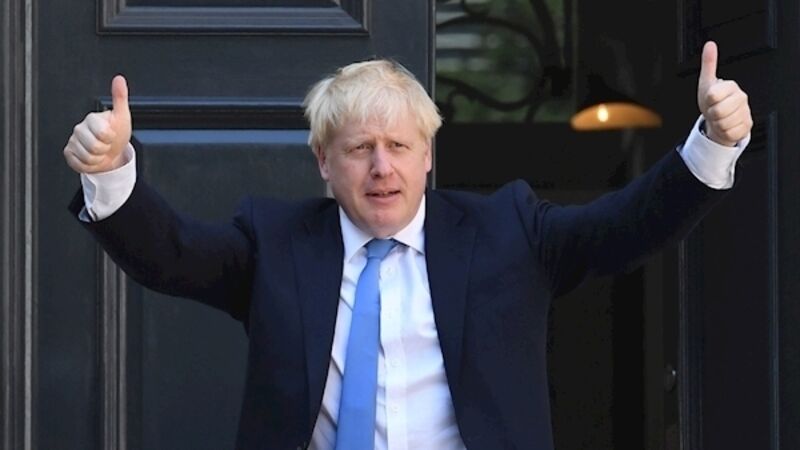Sterling slump: Boris Johnson playing with Brexit fire

Boris Johnson has been the UK’s leader for just over a week, but he and his ‘Brexit war cabinet’ have achieved one milestone already: The pound has slumped to its lowest level against the US dollar and the euro since 2017.
The cause is Britain’s newfound eagerness to up the ante in its negotiations with the EU, with Mr Johnson, at one stage, refusing to even meet with EU leaders, until they scrap the terms of his predecessor Theresa May’s Brexit deal.
















